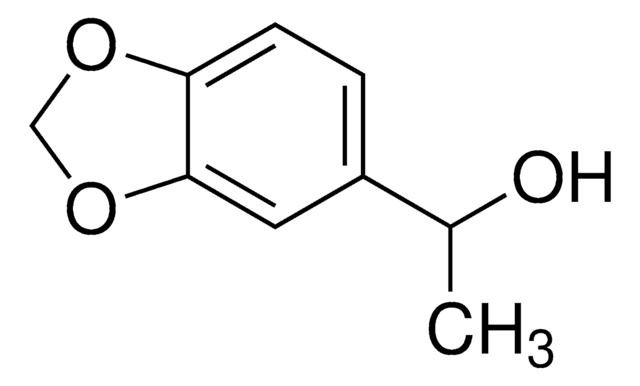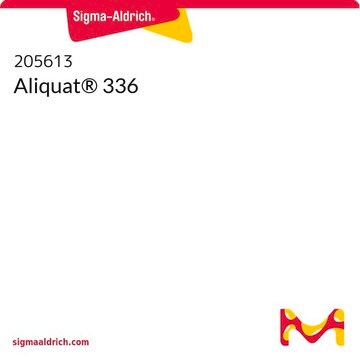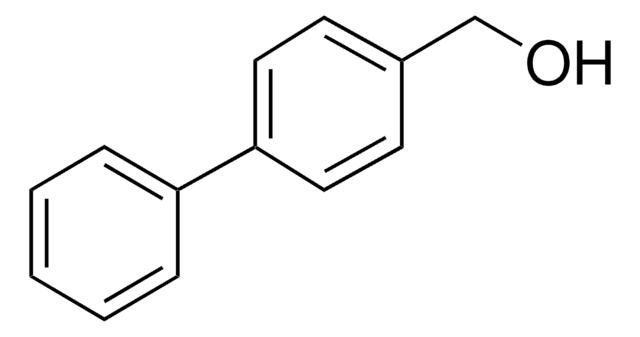D210404
2,5-Diphenyloxazole
99%, suitable for scintillation
Synonym(s):
DPO, PPO
About This Item
Recommended Products
Quality Level
Assay
99%
form
powder
bp
360 °C (lit.)
mp
72-74 °C (lit.)
λmax
303 nm
suitability
suitable for scintillation
SMILES string
c1ccc(cc1)-c2cnc(o2)-c3ccccc3
InChI
1S/C15H11NO/c1-3-7-12(8-4-1)14-11-16-15(17-14)13-9-5-2-6-10-13/h1-11H
InChI key
CNRNYORZJGVOSY-UHFFFAOYSA-N
Looking for similar products? Visit Product Comparison Guide
General description
Application
related product
Storage Class Code
11 - Combustible Solids
WGK
WGK 3
Flash Point(F)
386.6 - 393.8 °F - closed cup
Flash Point(C)
197 - 201 °C - closed cup
Personal Protective Equipment
Choose from one of the most recent versions:
Certificates of Analysis (COA)
Don't see the Right Version?
If you require a particular version, you can look up a specific certificate by the Lot or Batch number.
Already Own This Product?
Find documentation for the products that you have recently purchased in the Document Library.
Customers Also Viewed
Articles
Fluorescence quenching microscopy visualizes 2D materials like graphene and MoS2 rapidly, inexpensively, and with high fidelity.
Fluorescence quenching microscopy visualizes 2D materials like graphene and MoS2 rapidly, inexpensively, and with high fidelity.
Fluorescence quenching microscopy visualizes 2D materials like graphene and MoS2 rapidly, inexpensively, and with high fidelity.
Fluorescence quenching microscopy visualizes 2D materials like graphene and MoS2 rapidly, inexpensively, and with high fidelity.
Our team of scientists has experience in all areas of research including Life Science, Material Science, Chemical Synthesis, Chromatography, Analytical and many others.
Contact Technical Service









